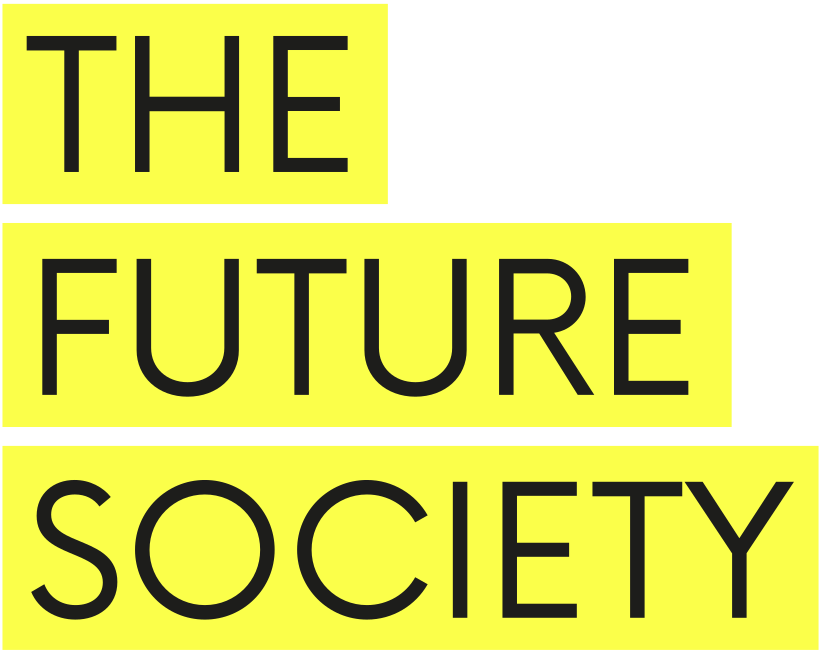Main Insight
Embedded in the digital revolution, AI will help determine the international order for decades to come, accentuating and accelerating the dynamics of an old cycle in which technology and power reinforce one another.
The Geopolitics of Artificial Intelligence: The Return of Empires?
April 30, 2019
Artificial intelligence (AI) is swiftly moving forward and becoming a real tool of power. This applies to both hard power (military applications) and soft power (economic impact, cultural and political influence, etc.) The United States and China dominate the market and impose their power. Europe is lagging behind and is trying to react by issuing new regulations. As for Africa, it has become a battleground for “digital empires”. Embedded in the digital revolution, AI will help determine the international order for decades to come, accentuating and accelerating the dynamics of an old cycle in which technology and power reinforce one another. It will transform certain axioms of geopolitics through new relations between territories, space-time dimensions, and immateriality.
Find our initial article in France’s Politique étrangère here.
Find our subsequent article in Spain’s Politica Exterior here.
Find our 2020 article ‘The Impact of AI on Economic Growth & Geopolitics’ in Vanguardia here.
